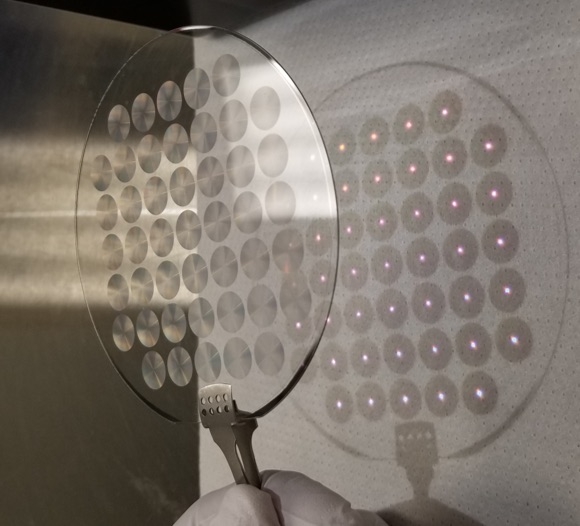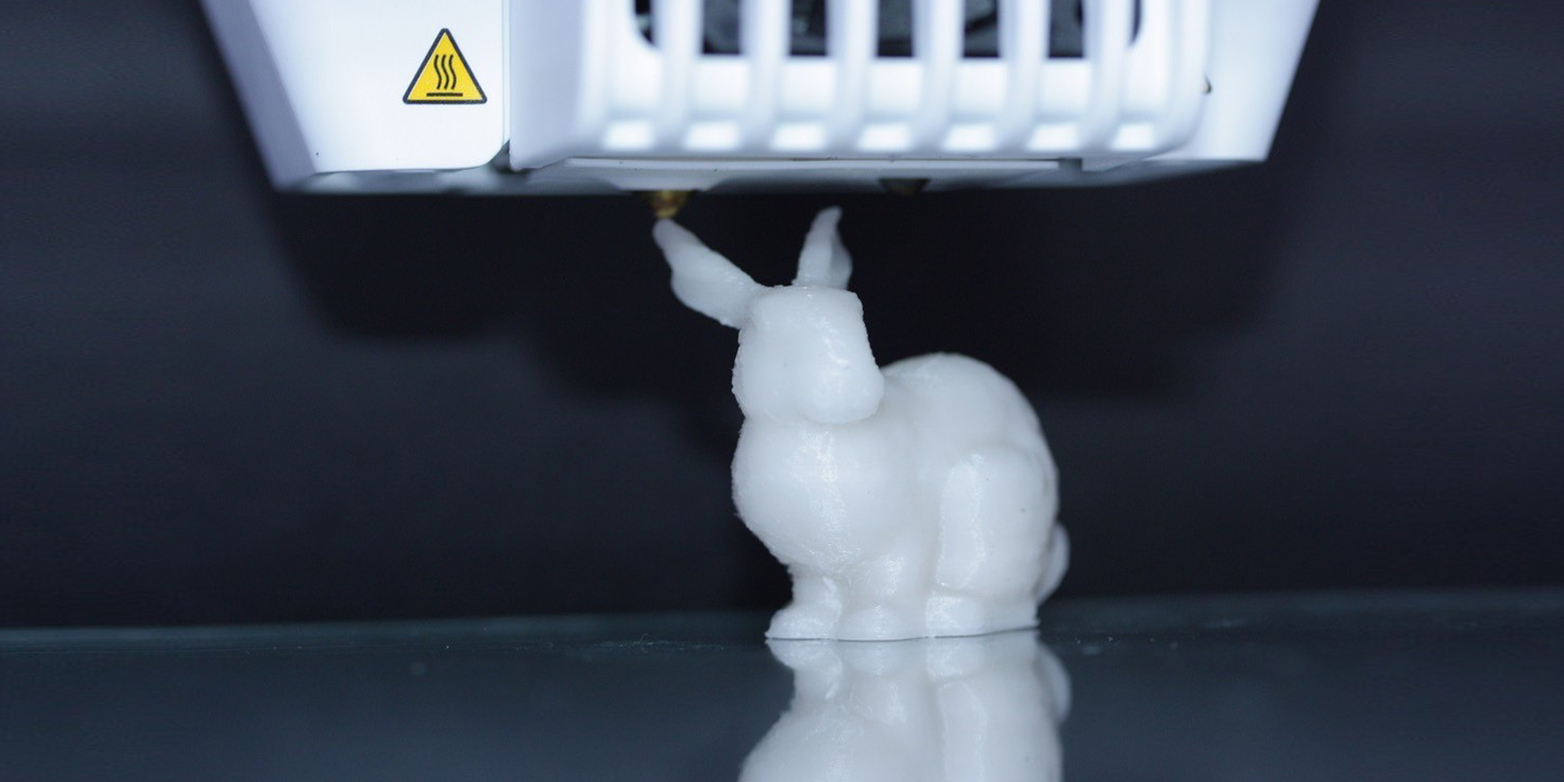(World first as artificial neurons developed to cure chronic diseases)
2019/12/3 英国・バース大学

・ バース大学が率いる研究チームが、シリコンチップ上の人工ニューロン(神経)を開発。
・ 同人工ニューロンは、マイクロプロセッサの 1/10 億の 140nW の電力を使用する生体のニューロンのような挙動で、医療用インプラントやバイオエレクトロニックデバイスでの利用に適する。
・ 生体のニューロンのような、神経システムからの電気信号に反応する人工ニューロンの開発は、ニューロンの機能不良、脊髄損傷による切断や死滅による症状を治癒する可能性を提供することから、医療分野において長らく主要な目標とされてきた。
・ 人工ニューロンによる神経の正常な機能の再現と生体フィードバックへの適切な応答により、損傷した神経回路を修復して身体機能を回復させる可能性が期待できる。
・今回、他の神経からの電気的な刺激に対するニューロンの反応のモデル化とその方程式の導出に成功。このような反応は信号の強度と比線形的であるため、極めて複雑となる。
・ラットの海馬と呼吸性の両ニューロンの、様々な刺激に対するダイナミクスを完全・正確に復元。研究結果は生体ニューロンの電気特性の精確な再現方法を提供し、ニューロモーフィックチップ設計の新たな可能性を拓くと考える。
・例えば、刺激を与えることで特定の心拍数で心臓を拍動させるスマートペースメーカーでは、人工ニューロンは心臓への命令にリアルタイムに応答できる。また、アルツハイマー病や神経変性疾患の治療での利用も可能。
・同人工ニューロンのアプローチは、あらゆるニューロンの挙動を制御する適確なパラメーターの極めて正確な予想、物理モデルのハードウェア作製と生体のニューロンの挙動を正確に模倣する能力の実証、そして哺乳類の複雑なニューロンが有するあらゆるタイプや機能に適用できる同モデルの多様性という、三種類のブレイクスルーを統合したもの。
・ 本研究は、EU の Horizon 2020 Future Emerging Technologies プログラムのグラントおよび英国工学・物理科学研究会議(ESPRC)による doctoral studentship の資金により実施された。<https://www.bath.ac.uk/announcements/world-first-as-artificial-neurons-developed-tocure-chronic-diseases/>
(関連情報)
Nature Communications 掲載論文(フルテキスト)
Optimal solid state neurons
URL: https://www.nature.com/articles/s41467–019–13177–3
<NEDO海外技術情報より>
Abstract
Bioelectronic medicine is driving the need for neuromorphic microcircuits that integrate raw nervous stimuli and respond identically to biological neurons. However, designing such circuits remains a challenge. Here we estimate the parameters of highly nonlinear conductance models and derive the ab initio equations of intracellular currents and membrane voltages embodied in analog solid-state electronics. By configuring individual ion channels of solid-state neurons with parameters estimated from large-scale assimilation of electrophysiological recordings, we successfully transfer the complete dynamics of hippocampal and respiratory neurons in silico. The solid-state neurons are found to respond nearly identically to biological neurons under stimulation by a wide range of current injection protocols. The optimization of nonlinear models demonstrates a powerful method for programming analog electronic circuits. This approach offers a route for repairing diseased biocircuits and emulating their function with biomedical implants that can adapt to biofeedback.



